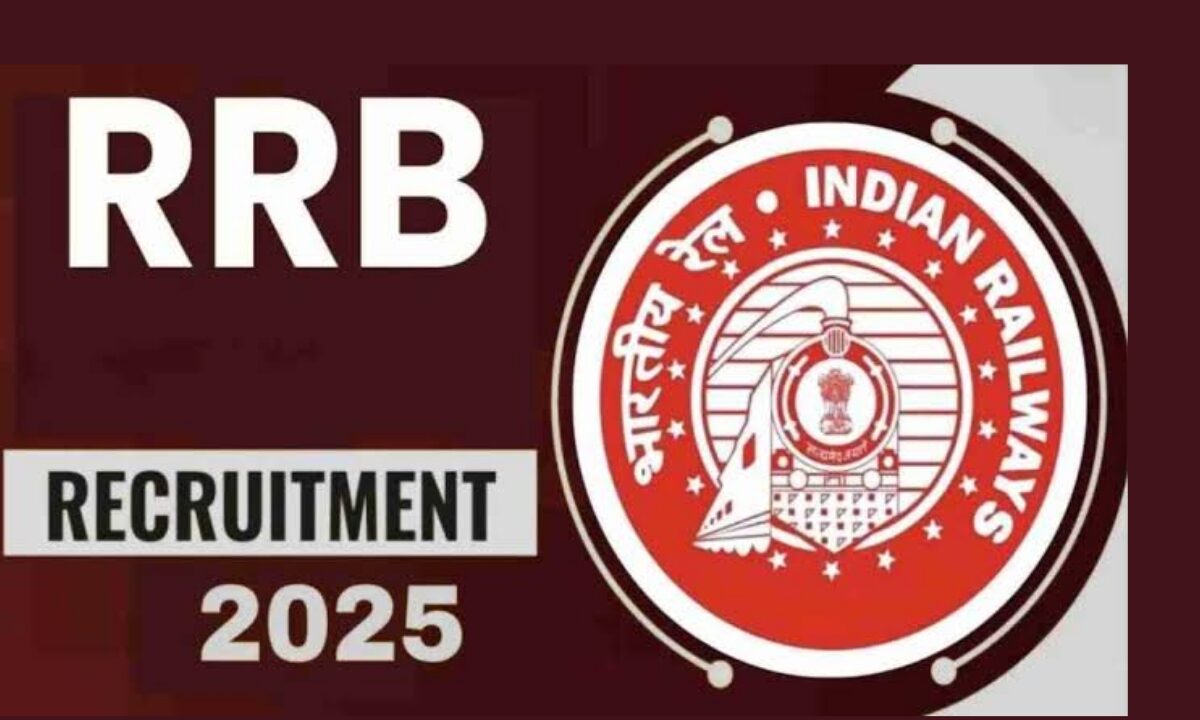The Government of India has announced major reforms in the pension system, set to take effect from April 1, 2025. These changes will significantly benefit central government employees and those working in Public Sector Undertakings (PSUs). The primary aim is to provide employees with better financial security, stability, and a transparent system after retirement.
Unified Pension Scheme (UPS) Introduced
The government has launched the Unified Pension Scheme (UPS), which will now serve as an alternative to the existing National Pension System (NPS). Employees currently enrolled in NPS will have the option to switch to UPS. However, this decision can only be made once and cannot be reversed later.
Key Benefits of UPS 2025

- Employees will enjoy benefits similar to the Old Pension Scheme (OPS).
- Gratuity benefits will also be included.
- A minimum monthly pension of ₹10,000 has been guaranteed. Even if the calculated pension amount is less, employees will still receive at least ₹10,000.
Service Duration and VRS Guidelines
Under the new guidelines:
- Employees can opt for Voluntary Retirement (VRS) after completing 20 years of service.
- To receive full pension benefits, at least 25 years of service is mandatory.
This ensures long-serving employees get stable retirement income.
Strict Rules for PSU Employees
The government has also tightened pension rules for PSU employees. If an employee is dismissed from service due to serious misconduct, they will lose pension and retirement benefits. However, such cases may be reviewed at the ministerial level.
What Should Employees Do?
Employees currently under NPS have the option to switch to UPS until September 2025. Since the switch is irreversible, employees are advised to carefully analyze the pros and cons before making a decision.

Conclusion
The Unified Pension Scheme (UPS 2025) will benefit millions of employees by ensuring a minimum pension, gratuity benefits, and long-term financial security. With these reforms, the government aims to create a more transparent, simple, and employee-friendly pension system. However, employees must fully understand the rules before choosing between NPS and UPS.














